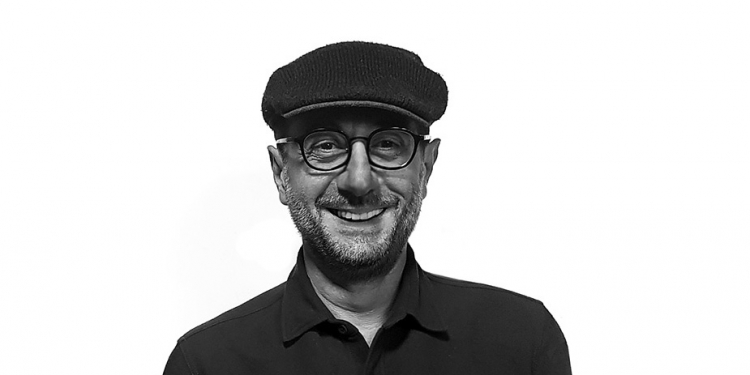The FINANCIAL — The Gallup International End of Year Survey (EoY) is an annual tradition initiated under the chairmanship of Dr. George Gallup in 1977. It has been conducted every year since then. This year it was conducted in 50 countries around the world. GORBI, the Georgian member of the Gallup International Association, joined the project 20 years ago. Among other issues the survey investigates the global popularity of famous persons.
In this column, I will present data on global attitudes towards world leaders and Georgian citizens’ perceptions towards the American and Russian presidents in a historic perspective.
Worldwide, German Chancellor Angela Merkel is the highest rated global leader for the second year in a row. She is followed by French President Emmanuel Macron who was first three years ago when he was newly elected. In fact these two European leaders are the only ones scoring positively overall based on this survey of 50 countries representing approximately two thirds of the earth’s population.
Both the US and Russian Presidents had negative perceptions last year (minus 27 and minus 17 respectively), while Israeli PM Netanyahu lost further ground.
Although not a political leader, Pope Francis continues to be the most positively perceived leader in the World.
Over the past several years I have written numerous columns based on the results of this survey and I can’t recall such negative global sentiments towards the US president. These numbers may change if President Trump is re-elected thanks to a polarized America, but today it seems more manageable than 4 years ago.
Detailed statistics are presented in the Table 1

Let’s look at how Georgians have rated U.S. presidents and Vladimir Putin in recent history. The vertical lines (see Chart 1) designate changes in government, the Rose Revolution in 2004 and the takeover by Georgia Dream in 2012.
As can be seen perception of Putin became more negative after the Rose Revolution, although it increased a bit towards the end of the Saakashvili administration. During this period it appears that favorability towards the sitting U.S. president and Vladimir Putin were inversely correlated.
After Saakashvili was ousted and the Georgian Dream party assumed governance of the country, favorability ratings of the U.S. and Russia no longer seem inversely correlated. In fact they seem to actually be positively correlated, which suggests a shift in how Georgians viewed foreign powers.
Chart 1: Georgians attitudes towards the US and Russian presidents

Briefly about methodology: A total of 50261 persons were interviewed globally. In each country a representative sample of around 1000 men and women was interviewed during November-December either face to face, via telephone or online. The margin of error for the survey is between +3-5% at 95% confidence level.
GORBI is an exclusive member of the Gallup International research network and has more than two decades of experience in survey research ( gorbi.com ).
































Discussion about this post